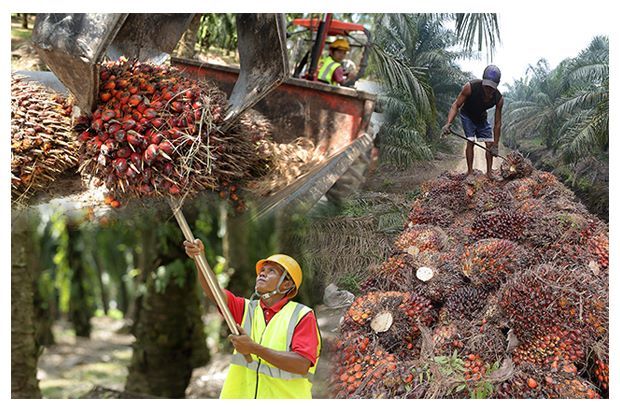
KUALA LUMPUR: Chief among the key issues to be addressed at the three-day Programme Advisory Committee (PAC) 2023 meeting is the need for yield improvement in the Malaysian palm oil industry, says Malaysian Palm Oil Board chairman Mohamad Helmy Othman Basha.
He said the issue required immediate attention as the local palm oil industry has been facing stagnant yields, which could affect its growth and sustainability.
“We need to prioritise the development of high-yielding materials through advanced biotechnology, breeding, and cloning tools, aimed at improving disease resistance, enhancing oil quality traits, and ensuring resilience to climate change which will result in a significant increase in yield,” he said in his opening remarks at the PAC meeting, which began yesterday.
The MPOB has identified and prioritised five research focus areas, namely yield performance, sustainable development, mechanisation and automation, food safety and nutrition, and value addition, which are aligned with the five fundamental pillars of the National Agri-Commodity Policy 2021-2030 or DAKN 2030.
The PAC, comprising experts in the oil and fats sector, will deliberate ideas on the development of innovative tools that can help boost productivity and minimise reliance on manual labour in the oil palm plantations.
Meanwhile, MPOB director general Datuk Ahmad Parveez Ghulam Kadir said in his presentation to the PAC that the performance of the oil palm industry, particularly production of crude palm oil has started to increase slightly as the labour situation improved towards the second half of the year.
“The temporary suspension of foreign workers intake was lifted in early 2022, however, due to some issues, the inflow of foreign workers into Malaysia is slower than expected.
“In the first half of 2022, the labour crunch issue continued took a toll on production,” he said.
He added that the consumption of Malaysian palm oil is expected to rise following Indonesia’s policy to impose a higher biodiesel blending mandate from Feb 1, 2023.
According to him, Indonesia’s latest policy changes would further restrict global palm oil supply, leading to higher demand for Malaysian palm oil, which in turn will assist in reducing higher domestic palm oil stocks.
Source : The Star

